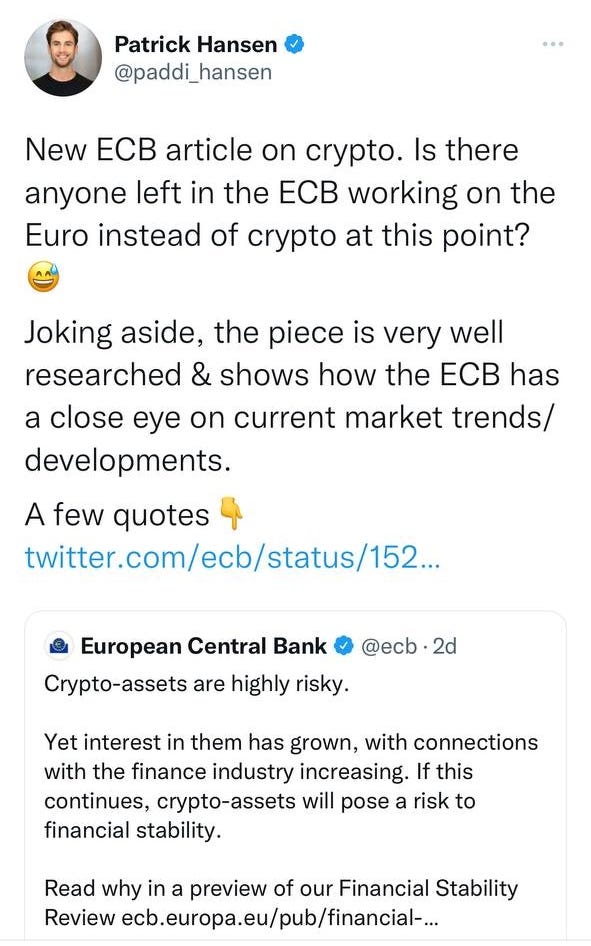Finance ministers want to see financial stability and money-laundering standards in effect soon, citing recent market turmoil.
Crypto assets should be held to the same standards as the rest of the financial system, the grouping of finance ministers from the world’s seven largest developed economies said.
A statement released by the G7 called for tougher rules to counter money laundering and disclose reserves, after the collapse of stablecoin TerraUSD (UST) last week.
“The G7 remains committed to high regulatory standards for global stablecoins, following the principle of same activity, same risk, same regulation,” it said. The statement confirmed reports that the Financial Stability Board (FSB) has been asked to speed up work in the wake of the market shock.
The missive also called for implementation of the Financial Action Task Force (FATF) travel rule, a controversial anti-money laundering provision that jurisdictions, such as the European Union, are currently legislating for, and for “stronger disclosure and regulatory reporting, for instance, as regards reserve assets backing stablecoins.”
The turbulence seen in crypto markets last week, in which the Terra asset supposedly worth $1 sank to as low as 7 cents, and Tether’s USDT also lost its peg, has only heightened calls for extra regulation.
In a speech given Monday in Paris, French central bank Governor François Villeroy de Galhau cited recent market turmoil as evidence that stablecoins are “misnamed” and “possibly very unstable.” Crypto assets needed to be supervised and interoperable across jurisdictions in order to avoid disrupting the international financial system, he said.
The European Union’s financial services commissioner, Mairead McGuinness, in the course of finalizing European Union crypto laws known as MiCA, has also called for a global agreement on crypto to protect investors and limit the environmental impact of bitcoin-style proof of work technology.

